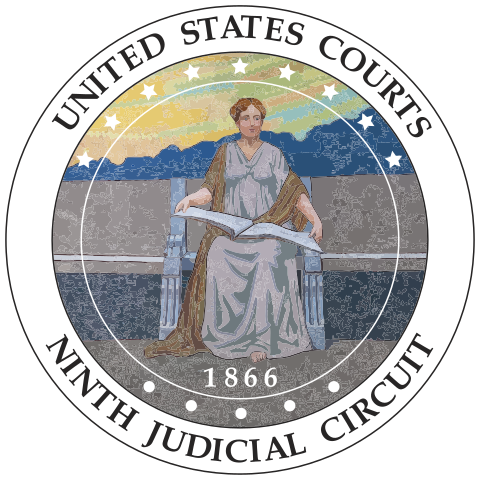Mohammad K. came to the U.S. just over 20 years ago from Afghanistan. He fled from his home country because the Taliban was targeting him for his membership in the Northern Alliance. He first sought refuge in Germany, but those same political rivals threatened him there too, and he was still not safe. Fortunately, he was able to make his way to the U.S. and seek protection here by filing an asylum case.
The asylum process in 2000 was much different than the one we now see in the heart-wrenching scenes of desperate people being forced to live in detention facilities or even sent back into Mexico waiting to have the court hear their case. But still, as an asylum and withholding of removal applicant, Mohammad was required to fully explain to the government and convince an immigration judge that he had a well-found fear of returning to Afghanistan because of his political affiliation. This also required that he disclose any military or resistance fighting that he has participated in before coming to the U.S. In fact, in the 1980’s during the height of the cold war, he joined the Jamiat-i-Islami Mojahedin as a 15-year old, fighting alongside the United States against the Communists.
The Immigration Judge granted Mohammad’s asylum application in March 2000, with full knowledge that he had received military training as a resistance fighter and carried munitions for other fighters. The Immigration Judge carefully considered the facts from his story as well as the government’s attorney, including whether the government thought Mohammad’s participation in Jamiat Islami should be considered terrorist activity that would make him ineligible for asylum. The judge weighed out the evidence and concluded he was fully eligible for asylum.
About a year and a half after he was granted asylum, he applied for adjustment of status to become a lawful permanent resident of the U.S. That application remained pending for nearly eight years, before it was denied for the very same activities he included in his asylum application and testified about in immigration court. He knew he had always told the truth about being a resistance fighter in Afghanistan, where he and the Americans were on the same side. And, he knew that an immigration judge had known about his training when he granted him asylum. But now, the government denied his application and told him that the law now says he participated in terrorist activity when he fought alongside Americans.
Mohammad’s attorney requested that U.S. Citizenship and Immigration Services (“USCIS”) reconsider its decision, but that request was rejected. So, nine years after first applying to become a permanent resident, he made his second application in January 2011. It took USCIS just shy of nine years to notify him that it intended to deny his application, once again stating that the activities that the Immigration Judge had heard and found did not disqualify him from asylum was now unacceptable. Ultimately, USCIS, with all the evidence before it, still denied his application by reclassifying the exact same activities that did not disqualify him for asylum decades earlier as barring him from becoming a lawful permanent resident.
CLCMA attorneys filed a lawsuit in the U.S. District Court for the Central District of California on behalf of Mohammad, challenging USCIS’s denial, because this same issue did not prevent the Immigration Judge from granted him asylum nearly twenty years ago. Unfortunately, the district court felt that it was bound by other cases that had recently come to the opposite conclusion, even though the federal judge recognized that Mohammad had made positive contributions to the local community over the last twenty years. CLCMA filed an appeal with the Ninth Circuit today, and hopes for a favorable outcome to allow Mohammad the opportunity to finally be granted lawful permanent residence, so that he can continue his positive contributions to our country. “Allowing the government to withhold lawful permanent resident status from our client would be a great injustice,” said Kathryn Brady, CLCMA’s Immigration Department Head. “Without lawful permanent resident status, he will essentially be prevented from ever traveling internationally without the fear of being barred from returning to the country he has now called home for twenty years.” “Punishing our client for fighting alongside American interests serves no justifiable purpose,” added CLCMA’s Civil Litigation Department Head Christina Jump. “The government is attempting to reverse itself and apply current definitions retroactively to actions taken decades ago, which is not what the law permits.”
CLCMA will continue to work to protect the rights of Mohammad and all of its clients.

